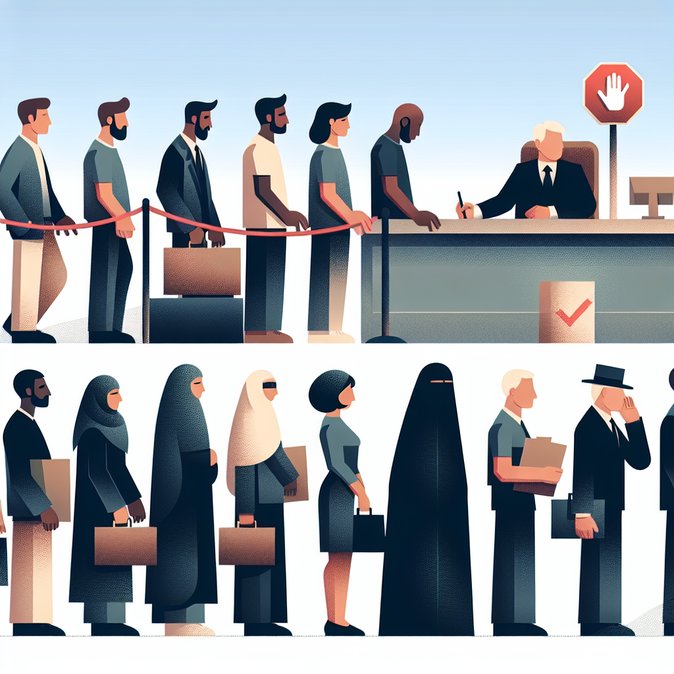
Nineteen Democratic-led states and the District of Columbia have dropped a federal lawsuit after the U.S. Department of Justice formally abandoned immigration-related conditions it had imposed on Victims of Crime Act (VOCA) and Violence Against Women Act (VAWA) grants. The August directive would have barred states from using the funds to provide legal services to undocumented survivors of domestic violence and sexual assault.
In a Monday court filing, DOJ said the contested conditions “will not apply” to existing VOCA and VAWA awards, effectively restoring the long-standing policy that victim assistance may not be denied based on immigration status. State attorneys general hailed the reversal as a lifeline for shelters and legal-aid organizations that rely on the grants to obtain protective orders, relocation assistance, and visa-related relief (such as U and T visas) for vulnerable clients.
![DOJ Backs Down on Immigration Restrictions for Domestic-Violence Victim Grants]()
For global mobility and corporate duty-of-care programs, the decision reduces exposure for multinational employers whose accompanying family members could become victims of crime while on U.S. assignment. Access to services is particularly critical for J-2, L-2, and H-4 dependents who lack independent immigration status and may be reluctant to seek help if services are tied to legal status.
The episode also signals that DOJ may face internal and external pushback when attempting to condition federal funds on state cooperation with broader immigration-enforcement goals. Mobility stakeholders should monitor future grant guidance for any revived restrictions that could hit state-level programs supporting foreign nationals.
In a Monday court filing, DOJ said the contested conditions “will not apply” to existing VOCA and VAWA awards, effectively restoring the long-standing policy that victim assistance may not be denied based on immigration status. State attorneys general hailed the reversal as a lifeline for shelters and legal-aid organizations that rely on the grants to obtain protective orders, relocation assistance, and visa-related relief (such as U and T visas) for vulnerable clients.

For global mobility and corporate duty-of-care programs, the decision reduces exposure for multinational employers whose accompanying family members could become victims of crime while on U.S. assignment. Access to services is particularly critical for J-2, L-2, and H-4 dependents who lack independent immigration status and may be reluctant to seek help if services are tied to legal status.
The episode also signals that DOJ may face internal and external pushback when attempting to condition federal funds on state cooperation with broader immigration-enforcement goals. Mobility stakeholders should monitor future grant guidance for any revived restrictions that could hit state-level programs supporting foreign nationals.


